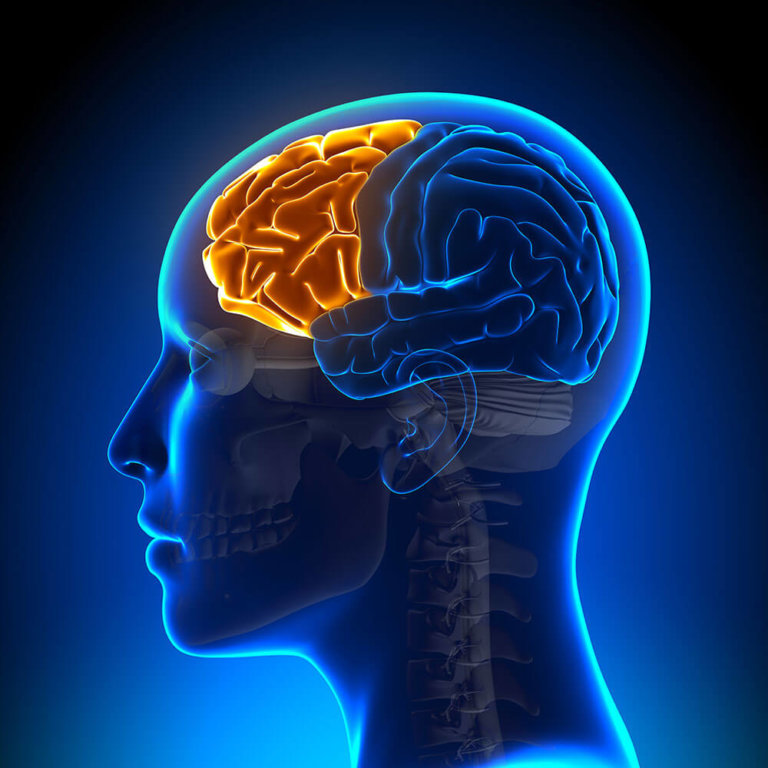Experience in Brain Injury
Law to Work for YOU!
The frontal lobe of the human brain controls personality traits, voluntary movement, and intentional thought. Responsible for skills like coordinating movement, making judgments, solving problems, and regulating emotions, the frontal lobe is particularly prone to injury because of its location behind the forehead. An injury occurs when a sudden jolt or hit causes the brain to collide with the skull, resulting in injury to the brain. Annually,1.4 million people experience a traumatic brain injury each year in the US and about 70,000 of these people will suffer from lasting damage.
The effects of a frontal lobe injury vary, based on the severity of the force, the part of the lobe that is injured, the kind of treatment that is given, and the age of the person at the time of injury. Because the frontal lobe does not mature until the mid-20s, injuries, such as physical trauma, drug abuse, or infection, may cause irreversible developmental disabilities. Children and young people under the age of 20 are also at the highest risk of traumatic brain injury.
Severe injuries may also cause amnesia, coma, or death.
Common causes of frontal lobe damage and other traumatic brain injury include falls, traffic accidents, gunshot wounds, physical aggression, and sports injuries. The wounds fall into two groups: open wounds that penetrate the skull and closed injuries that hurt the brain without penetrating the skull. The following safety measures can prevent some of these incidents:

The American Academy of Family Physicians recommends that all brain injuries be checked out by a medical specialist. Warning signs of frontal lobe injuries fall into four categories:
Although mild cases often resolve on their own, repeated injuries, even mild ones, can be dangerous. Severe cases usually require hospitalization, possibly intensive care. The first goal of treatment is to keep the situation from getting worse and to make sure the airways are clear.
Medications may be prescribed to relieve pain, sedate, prevent seizure, prevent fluid build-up, or induce coma. Surgery may be necessary for skull fractures, internal bleeding, or relief of pressure in the skull. Severe injuries may also require long rehabilitation stays in hospitals or specialized therapy facilities. During recovery, patients should follow the doctor’s orders and get plenty of rest.
Many frontal lobe injuries require expensive hospital stays, long-term therapy, and extended loss of work. Because this can be financially devastating, you may need to seek the help of an attorney. If you have experienced a head injury and are in need of a brain injury lawyer with experience in frontal lobe and other serious brain injuries, contact David Dwork.
For more information about head injuries in adults and children, visit The Heads Up Project or The Brain Injury Association of America and The Brain Injury Association of Massachusetts.